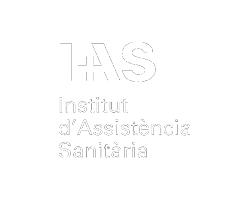General information about ADHD
In these sections the user will be able to access information about ADHD, its repercussions, the available medications and the adverse effects they produce. We hope that this information will be useful in deciding on ADHD treatment preferences.
Decreasing drug use
Many people with ADHD also have a substance use disorder. Severe substance use disorder is known as addiction. This is the inability to stop using a drug which is having negative effects on the user’s health and ability to function socially.
What are drugs?
Drugs are substances which change a person’s perception and mood when they are consumed. Taking drugs can lead to accidents, loss of consciousness, or trigger episodes of emotional distress. Habitual drug consumption can lead to addiction.
What is addiction?
Addiction is regular drug use which leads to needing to take increasingly larger doses of the drug. If the user does not consume the drug they begin to feel unwell and are unable to stop taking the drug despite being aware of the negative effect it has on their health and their ability to function socially, whether at work, or with friends and family.
In many cases, reducing consumption and achieving sustained abstinence improves how a person functions at work, at home and with friends. It also prevents related health complications such as overdosing, heart disease, respiratory disease, neurological disease and infections.
Do you need to make a clinical decision?
EVIMATIC® is the first digital health tool that generates decentralized, automated, personalized, participatory and explanatory treatment recommendations that are presented in the format of clinical practice guidelines.
Do you need to make a clinical decision?
EVIMATIC® is the first digital health tool that generates decentralized, automated, personalized, participatory and explanatory treatment recommendations that are presented in the format of clinical practice guidelines.













